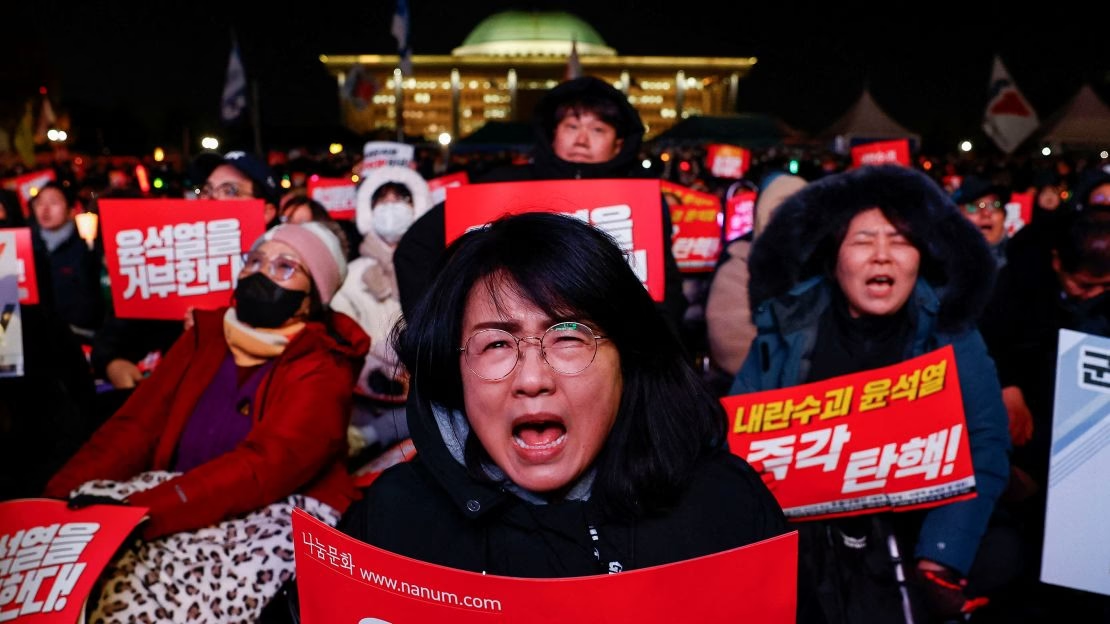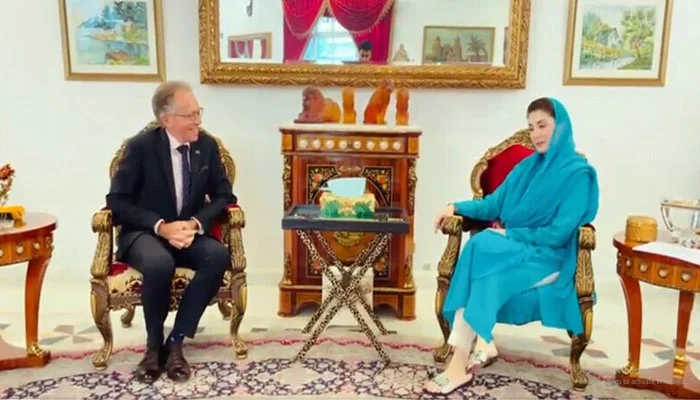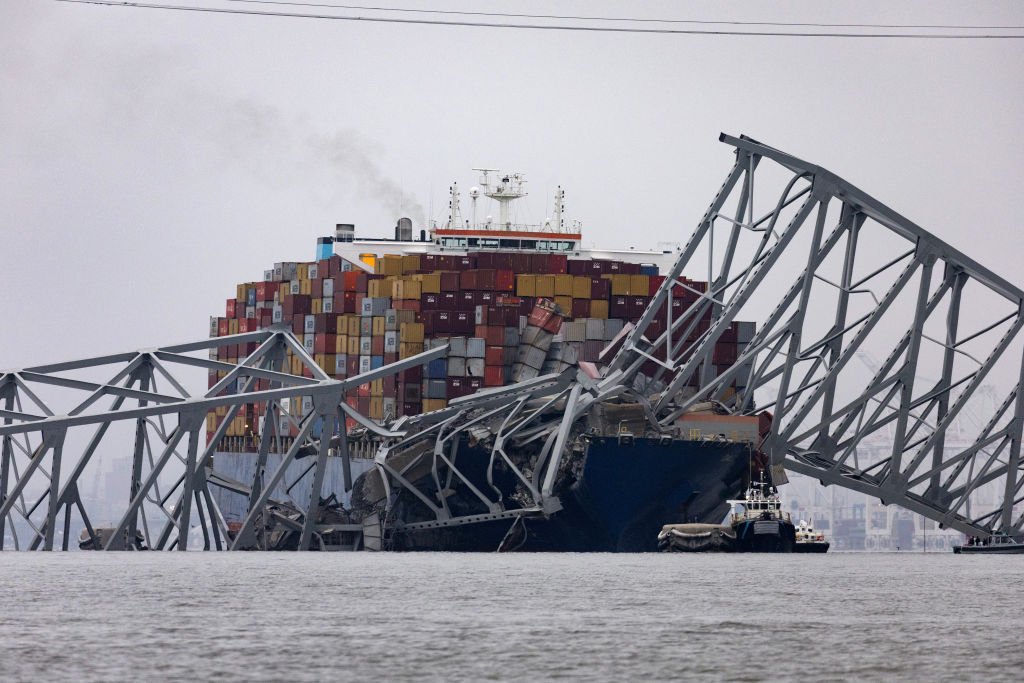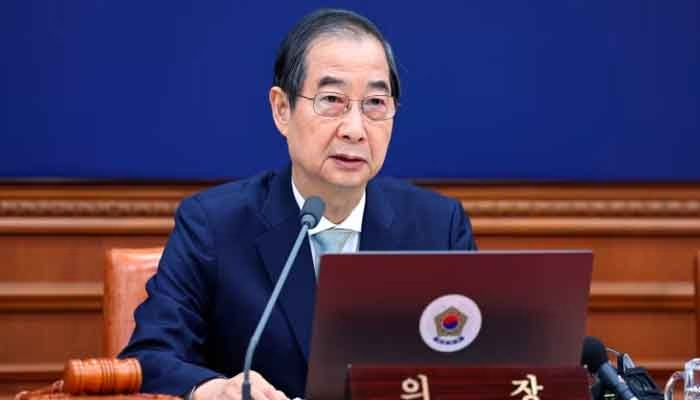South Korea’s President Yoon Suk Yeol remains the commander-in-chief, with no disruption to the US alliance, according to the defence ministry. However, the nation is facing a constitutional crisis following Yoon’s controversial declaration of martial law last week, now under criminal investigation for alleged treason.
Key Developments:
- Martial Law and Reversal: On December 3, Yoon invoked emergency military powers to suppress what he termed “anti-state forces” but rescinded the order within six hours after parliamentary defiance.
- Military Dissent: Senior military officers, including the acting defence minister, have declared they will not comply with any future martial law orders.
- Political Fallout: Yoon’s own People Power Party (PPP) has formed a task force to manage his possible resignation, assigning Prime Minister Han Duck-soo temporary leadership, a move criticized as unconstitutional by the opposition.
- Opposition Pressure: The Democratic Party (DP) is pushing for Yoon’s resignation or impeachment, warning of economic harm. DP leader Lee Jae-myung has raised concerns over stability in Asia’s fourth-largest economy.
- Military Arrests: Former Defence Minister Kim Yong-hyun has been arrested for his role in the martial law declaration.
US-South Korea Alliance:
- The crisis has unsettled Washington, with US Defense Secretary Lloyd Austin canceling a visit and Secretary of State Antony Blinken reaffirming support for democratic processes.
- The 28,500 US troops stationed in South Korea underscore the alliance’s strategic importance, particularly amid rising North Korea-Russia ties.
The South Korean government is deploying financial contingency measures to stabilize markets, while the public and military backlash against Yoon’s actions signals a pivotal moment for the country’s democracy and security.



